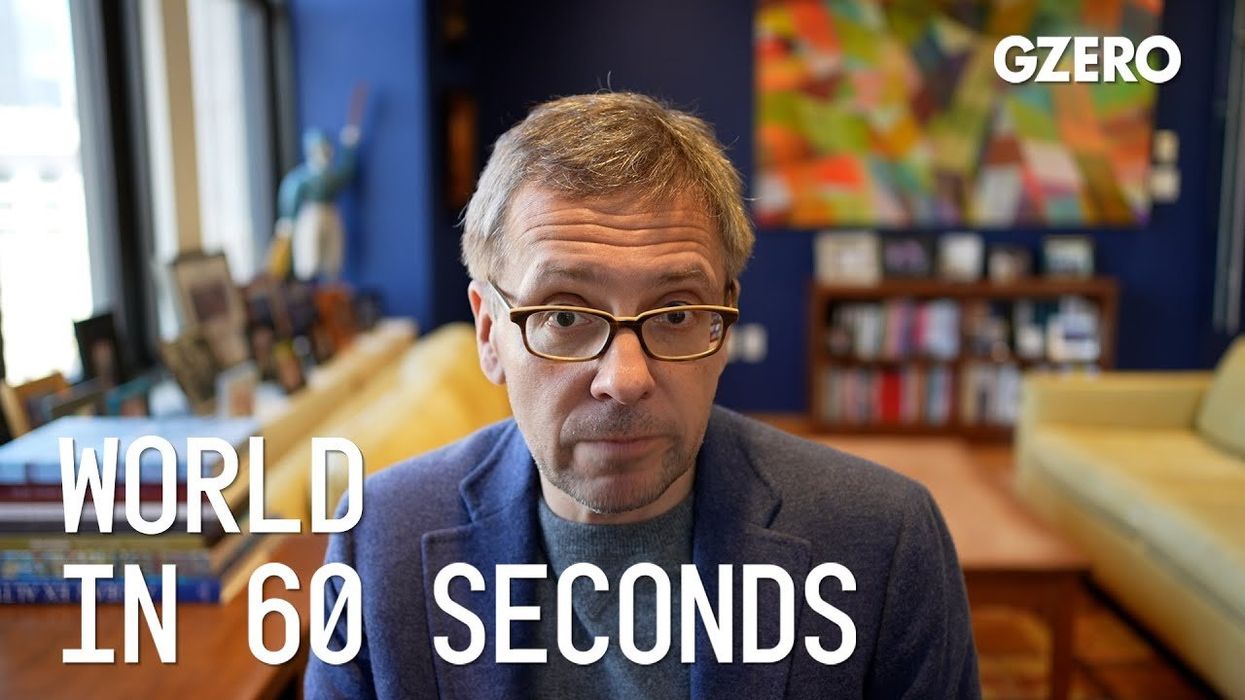ask ian
The US needs younger presidential candidates
How will China's stance on ex-Soviet countries impact the war in Ukraine? With the US and others evacuating diplomats, will the West take action to end the violence in Sudan? Finally, should there be a maximum age limit for elected US officials? Ian Bremmer shares his insights on global politics this week on World In :60.
Apr 25, 2023


